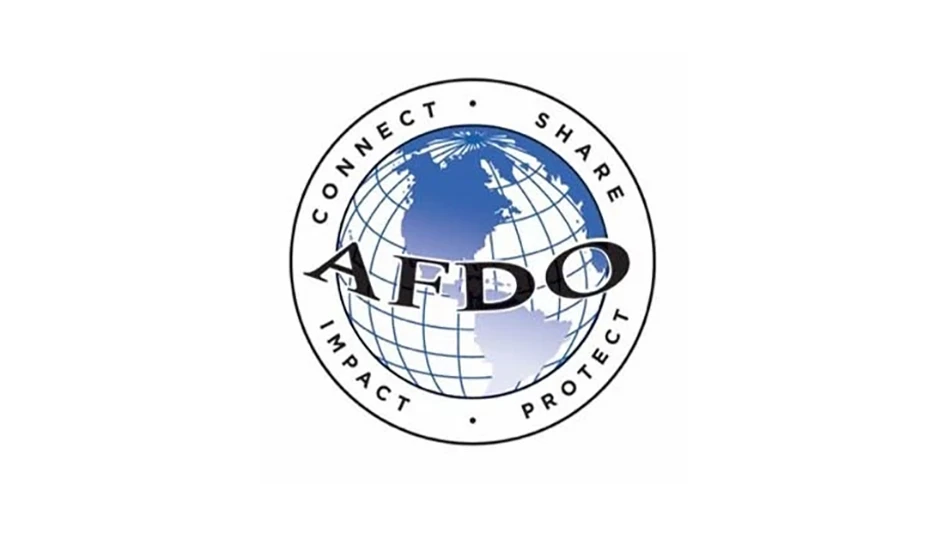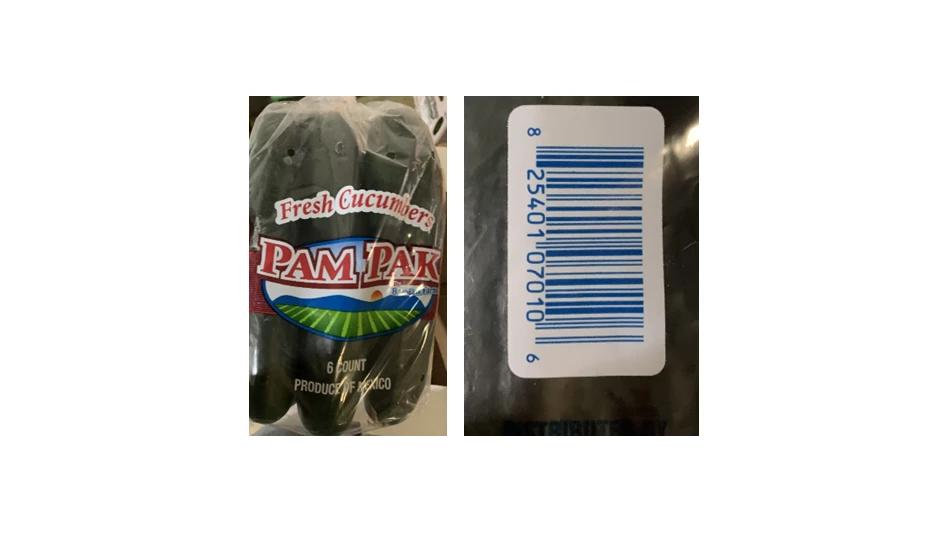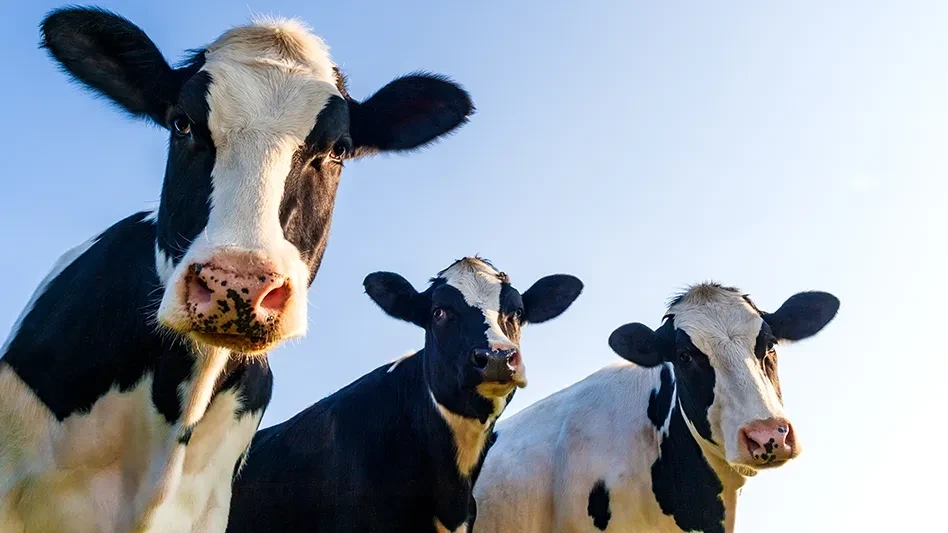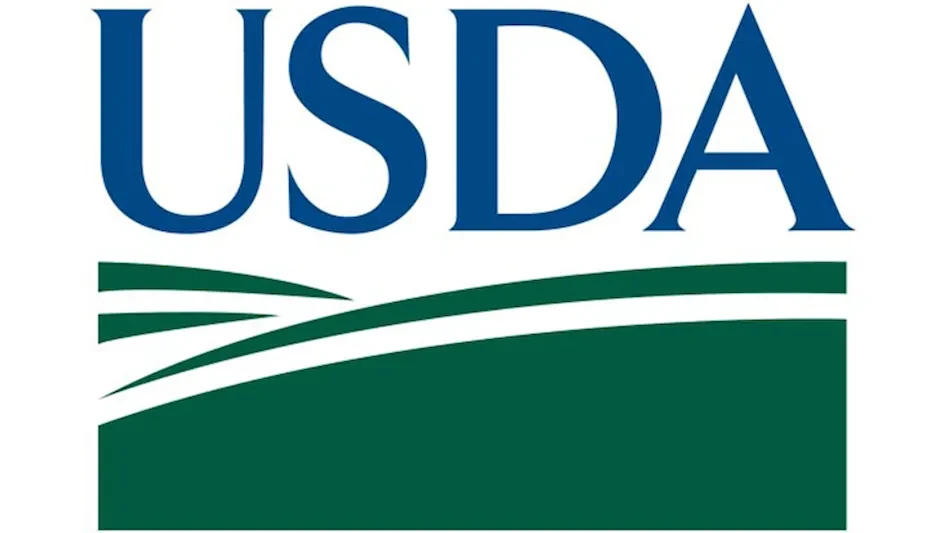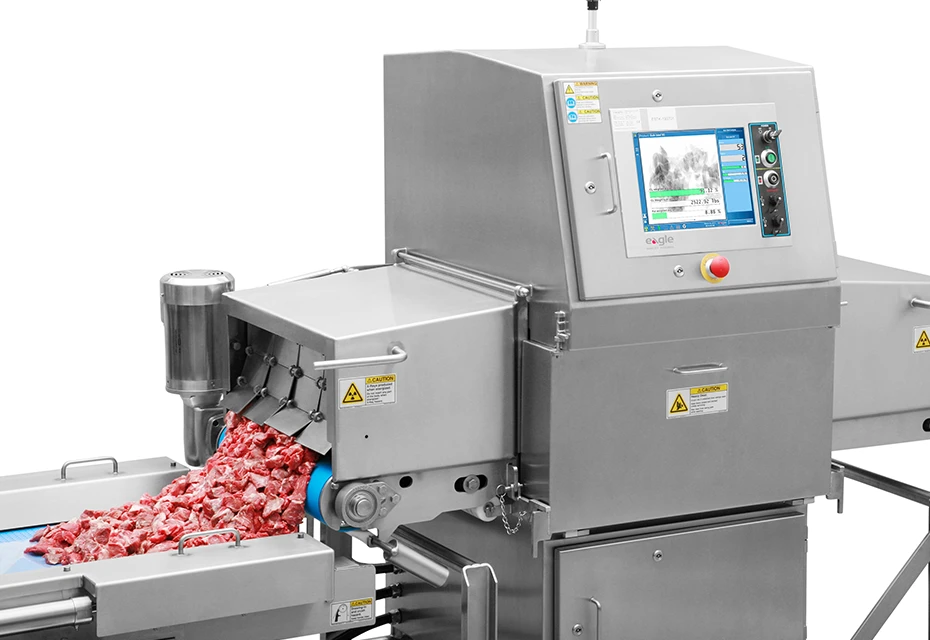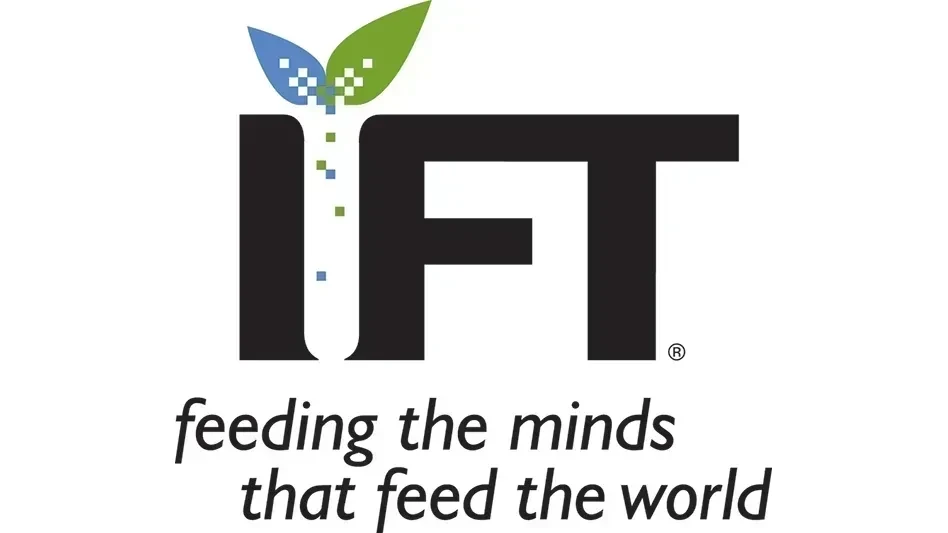
The Food Safety Modernization Act (FSMA), enacted in 2011, represents a significant shift in the approach to food safety regulation in the United States. One of its key components is Section 204, which focuses on enhancing traceability throughout the food supply chain. Published by the FDA in November 2022, the Final Rule on Requirements for Additional Traceability Records for Certain Foods (commonly known as the Food Traceability Final Rule) is designed to elevate food traceability by instituting recordkeeping requirements that surpass existing regulations. The rule is currently in effect and will be enforced as of Jan. 20, 2026.
The Food Traceability Final Rule applies to persons involved in the manufacturing, processing, packaging or storage of foods included on the Food Traceability List (FTL). This list encompasses various fresh produce items, such as cucumbers, herbs, leafy greens, melons, peppers, sprouts, tomatoes, tropical tree fruits, as well as all fresh-cut fruits and vegetables. Non-fresh produce items on the list include ready-to-eat refrigerated deli salads, soft cheeses, shell eggs, nut butter, finfish, crustaceans and mollusks.
FSMA 204 mandates the retention of records containing Key Data Elements (KDEs) associated with specific Critical Tracking Events (CTEs). In the event of a traceback investigation involving a company, it must send the KDEs referenced to the traceability lot number to FDA in an electronic sortable spreadsheet within 24 hours, inclusive of weekends. For instance, if a company receives notification at 4:30 p.m. on Friday afternoon, the spreadsheet must be sent to the FDA by 4:30 p.m. on Saturday.
Compliance will ensure faster identification and removal of potentially contaminated food from the market, reducing foodborne illnesses and deaths. The goal is to reduce the traceback and trace forward investigation timeline from the current six to seven weeks to six to seven days.
Most of the KDEs used are already captured, stored and shared today between trading partners. These include Ship-To (receiving) Location, Ship-From Location, Shipping or Receiving Date, Product Description, Quantity and Unit of Measure and the Reference Document Type & Number (i.e. P.O. or Bill of Lading).
The Final rule introduces two new required data elements: the Traceability Lot Code and the Traceability Lot Code Source. The Traceability Lot Code, as defined by the industry, combines the Global Trade Item Number (GTIN) and the Batch/Lot Number, while the Traceability Lot Code Source refers to the name, address and phone number of the location where the product was packed.
The introduction of this new KDE necessitates updates to procedures and systems for all companies subject to the rule.
Capturing, storing and sharing the Traceability Lot Code Source poses a significant challenge for the industry. Many systems lack the necessary data fields to store this information. However, for the fresh produce sector, the burden may be alleviated to some extent, as the Traceability Lot Code or GTIN and Lot Number are already included in the Produce Traceability Initiative harmonized case label. The GS1-128 barcode on the PTI Harmonized case label contains the GTIN, Lot Number and a Date (harvest/pack/best if used by).
The Produce Traceability Initiative closely aligns with FSMA 204 Final Rule, including all the KDEs except the Traceability Lot Code Source. The PTI website has newly created guidance documents to assist with FSMA 204 compliance. The guidance documents include PTI FSMA 204 Implementation Guidance, PTI FSMA 204 Electronic Sortable Spreadsheet Templates, Traceability Lot Code Source and Reference Guidance and Advance Ship Notice/Manifest Transaction Guidance.
The most efficient method of sharing the KDEs between trading partners will be via the EDI Advance Ship Notice or ASN 856. It is imperative to collect and verify the required KDEs at time of receiving. Most major receivers of fresh produce will be requiring the same information for all fresh produce items, not just those named on the FTL. This was confirmed during an IFPA FSMA 204 Buyers Think Tank, where all the buyer participants indicated they would require the same KDEs for all fresh produce.
Small and medium-sized companies face a challenge in gaining awareness regarding FSMA 204 and implementing the necessary adjustments to their systems and procedures.
While organizations have until 2026 to fully comply with the Final Rule, I highly recommend not waiting to start your implementation. I recommend that all companies form a cross-functional FSMA 204 team. Begin by utilizing the Electronic Sortable Spreadsheet to determine the source of each required KDE. This will be included in your individual Traceability Plan for each location, as required by FSMA 204.
Successful implementation will require collaboration within companies and with their customers and suppliers. Strategic investments in technology and adherence to best practices will play a crucial role in facilitating successful implementation.
IFPA has developed a comprehensive FSMA 204 resource page featuring links to the FSMA 204 implementation guidance documents, templates and FDA tools and FDA guidance.
The journey toward improved food traceability is a collective effort from producers to consumers. By working together, we can ensure a safer and more transparent food supply chain, enhancing trust, confidence and ultimately, a healthier world.
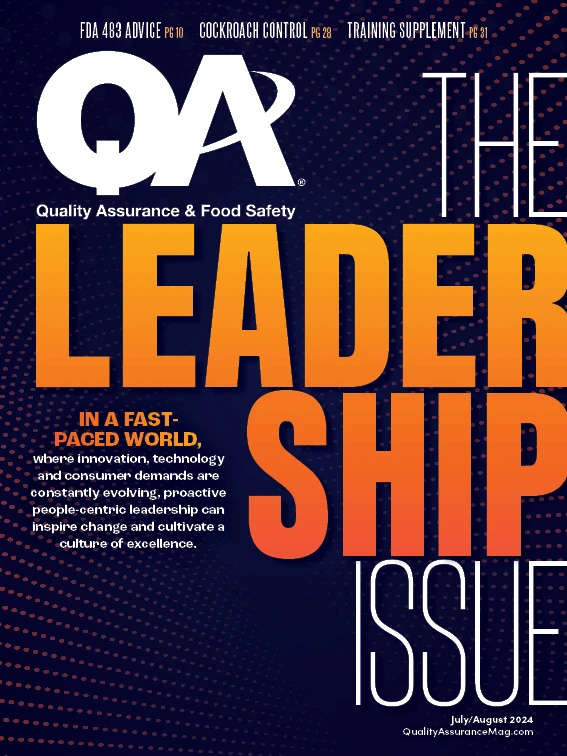
Explore the July/August 2024 Issue
Check out more from this issue and find your next story to read.
Latest from Quality Assurance & Food Safety
- IDFA Presents Leadership Award to Six Federal Officials at Annual Celebration of Dairy Reception
- Seeding The Future Global Food System Challenge is Changing Lives: Winners Reflections
- Raw Farm Products Recalled Following Bird Flu Virus Detections
- FDA Issues 2024 Voluntary National Retail Food Regulatory Program Standards
- GSA Launches Assurances Platform, Prism and Webinar Series in Partnership with Wholechain
- Multistate E. coli Outbreak Linked to Iceberg and Romaine Lettuce Blend
- FDA, USDA Seek Information About Food Date Labeling
- William Marler, Food Safety Advocate and Lawyer, Condemns Lack of Safety of U.S. Food Supply
